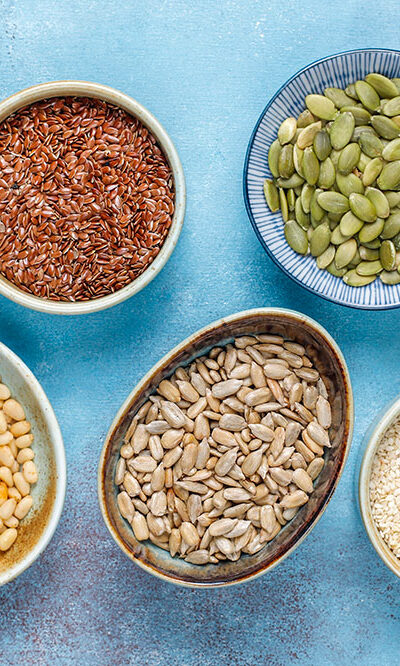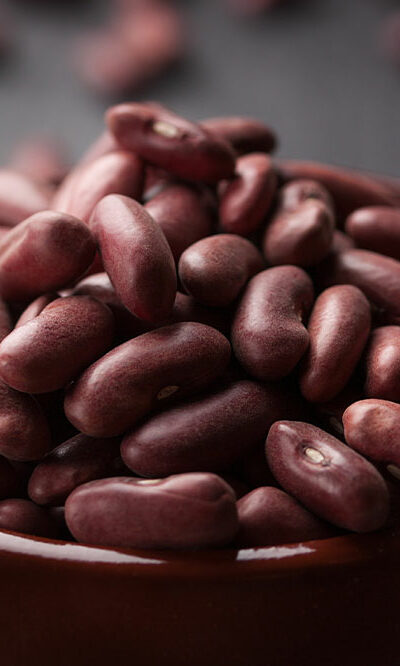
Foods to avoid for managing the symptoms of multiple sclerosis
Every nerve cell (neuron) has a covering called the myelin sheath. In multiple sclerosis, this sheath is damaged and gets weaker and weaker with time. This results in symptoms like slowed-down movements and declining vision. The condition can affect anyone but is more common in adults over 30 than younger people. While doctors recommend many treatments for managing multiple sclerosis, patients must also follow a healthy nutrition plan. Here are a few foods to avoid. Highly processed meat and foods Many manufacturers add preservatives to foods to increase their shelf life. These preservatives can worsen the progression of multiple sclerosis. A few foods with preservatives are canned vegetables, crackers, and snacks. Processed meat like sausage and ham are equally harmful and should be kept off the menu. They are high in trans fat, which can lead to cardiovascular issues. Instead of buying ready-to-eat foods from the shelves of supermarkets, one should opt for market-fresh produce to manage the symptoms and avoid complications. Sugary foods Artificial sweeteners, soft drinks, chocolate, cookies, and pastries may raise blood sugar levels, which is bad for immune system function. It can worsen tiredness and lead to other complications like vision loss and nerve deterioration. While resisting sugary treats can be challenging, one must make a conscious effort to prevent the progression of the disease. Salty foods Most people know that meals high in salt may raise blood pressure. But studies have also found that salty foods can exacerbate multiple sclerosis symptoms. Therefore, patients must avoid French fries, pizza, cold cuts, and other processed and packaged foods. Home-cooked foods are always the best to control the amount of salt intake. While cooking at home may take some time, it provides many benefits in the long term. Caffeine Caffeinated beverages like tea and coffee are safe for healthy people.










